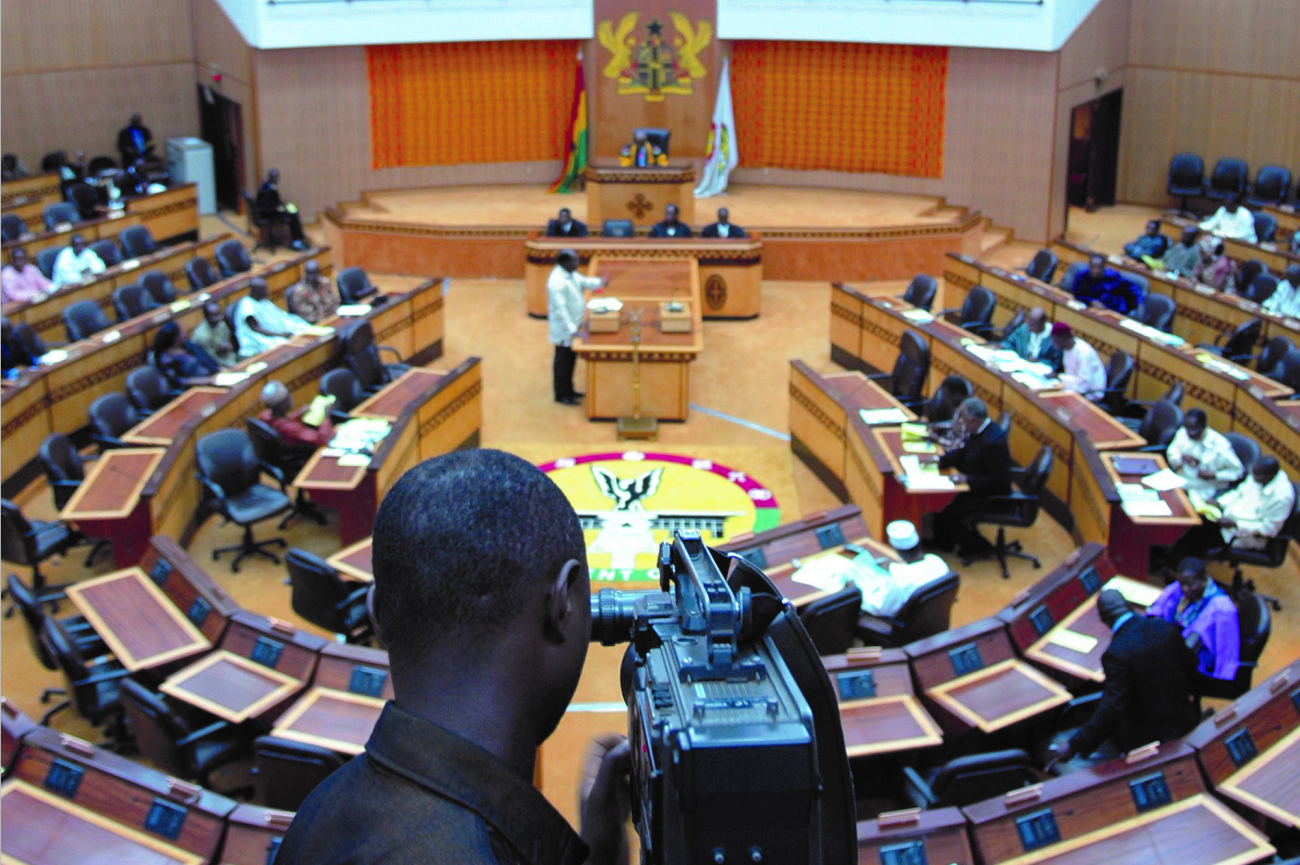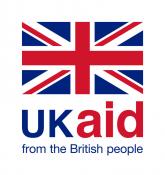
Strengthening the use of evidence in three African parliaments
Image credit: Jonathan Ernst / World Bank
Led by INASP, The VakaYiko Consortium worked with the parliaments of Ghana, Uganda and Zimbabwe to strengthen capacity for evidence use in decision making.
The project was undertaken as part of Building Capacity to use Research Evidence (VakaYiko) programme.
The project aimed to build capacity at three levels, working with parliaments’ in-house research departments in partnership with local lead organisations in each country.
- At the individual level, we trained staff in each parliament who are involved in gathering and synthesising evidence for decision making. This drew on INASP’s Evidence Informed Policy-Making Toolkit and included researchers, committee clerks, librarians, and IT staff.
- At the organisational level, we supported teams to review and adapt the processes and procedures which affect the production and use of evidence. This included a review and update of Parliament of Uganda’s research policy, and exploring a ‘strategic approach to evidence’ with Parliament of Ghana
- At network level, we supported relationship-building between parliaments and the national research sector. This included a series of dialogues and events at Parliament of Uganda culminating in a Research Week.
We also facilitated the development of a peer learning network between parliaments, led by the African Centre for Parliamentary Affairs (ACEPA). Staff from each parliament identified priority areas they wanted to learn about and shared their experience through a series of face-to-face and online learning sessions. These addressed a variety of issues, from strengthening mechanisms to enable citizen evidence to contribute to parliamentary discussions, to constituency profiling, different models for Parliamentary Budget Offices, and strategies to communicate evidence to MPs.
Evidence use in African parliaments is an emerging area and we are committed to sharing our learning. We synthesised our key reflections in a series of papers co-authored by ACEPA and INASP. These include an analysis of the main factors affecting evidence use, profiles of the information support systems in each of parliament, and a number of other reflection pieces.
We also supported the Kenyan think tank African Centre for Technology Studies (ACTS) to run a successful series of roundtables focused on strengthening the evidence base in Kenya’s Climate Change Bill.
Achievements/success stories
Our target for research requests is 600 per year, but now, in just three months, we have received 200 requests.
John Bagonza, Director of Uganda Parliament Research Department
The Uganda National Academy of Sciences now has a formal MoU with parliament aimed at leveraging the potential of Uganda’s national research sector to inform decision making in Parliament.
As a result of the peer learning initiative, Parliament of Ghana adapted and implemented Uganda’s Research Week model, which again resulted in increased demand for evidence from MPs.
The ACTS roundtables bringing together key evidence producers and MPs were successful in contributing to revisions in the draft Climate Change Bill, which was later passed. ACTS later shared their innovative approach with the environment sector at COP21 in Paris.
See also:
Blog: How to influence evidence use in parliaments: advice from five parliaments
Blog: Promoting the use of evidence in parliaments


